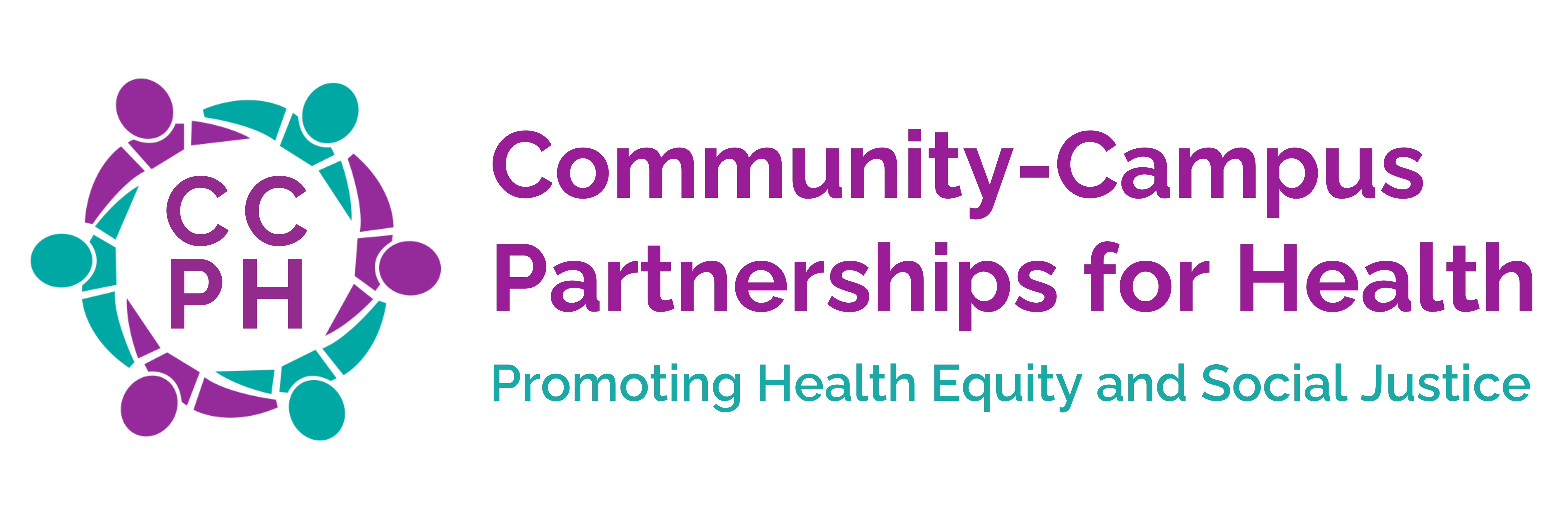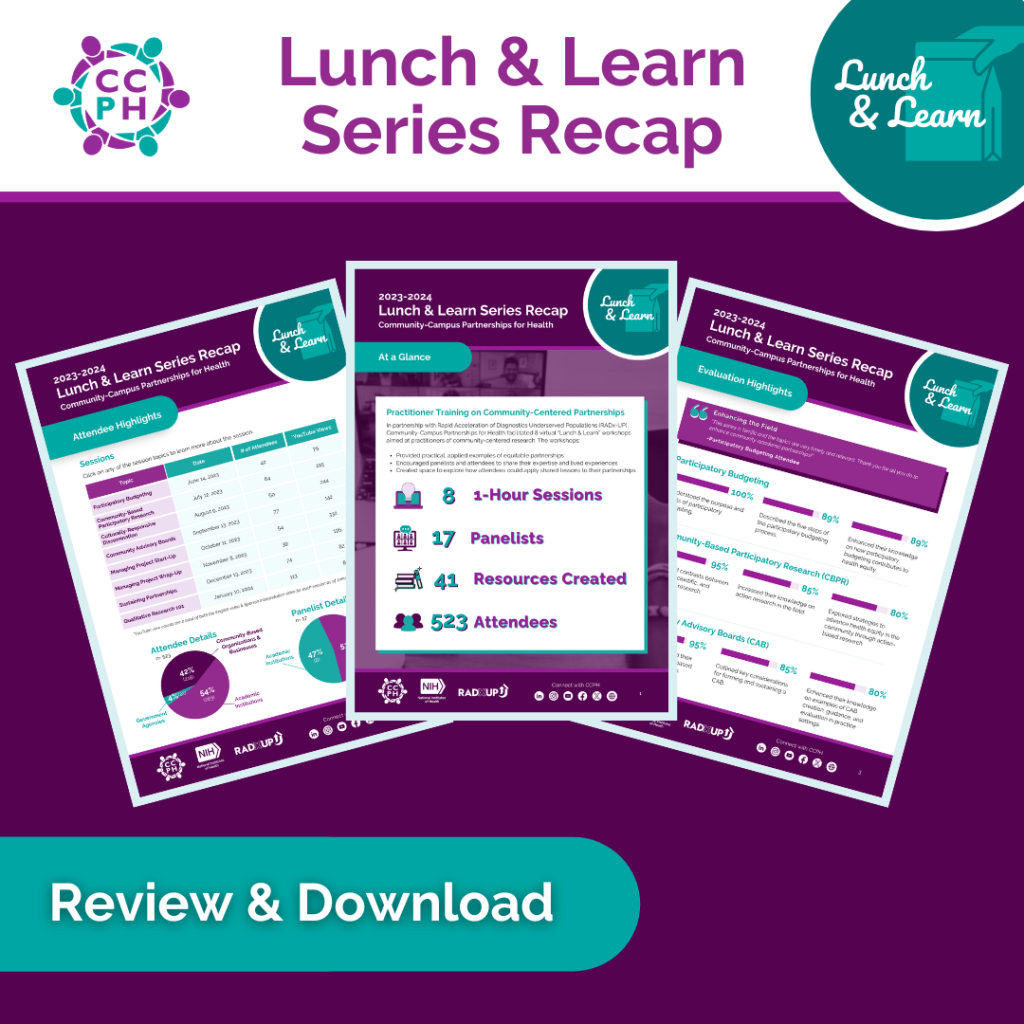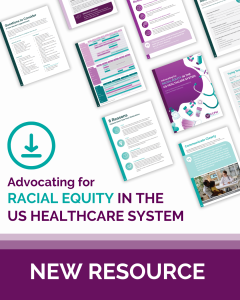Briefly, tell us about your professional work – including the communities you work with, experiences in higher education or a community-based organization.
My professional work involving community-campus partnerships has been ongoing for decades. I have been a University administrator, educator, researcher, and advanced practice nurse who works toward improving care for older patients with chronic lung disease. As the founding Director of Inter-Professional Education for West Virginia University (WVU) Health Sciences Center, I was project director for a grant to develop Community-Based Care: Inter-Professional Education (IPE) Applied to Practice in Appalachia funded by The Claude Worthington Benedum Foundation. Faculty and students from WVU Schools of Dentistry, Medicine, Nursing, Pharmacy, and Public Health worked with community partners in Inter-Professional teams to implement 15 Community-Based Care Projects. This grant focused on making small grants to faculty to work with community partners – the challenges were to educate faculty on what constituted community members as partners – that they shared knowledge and learned from each other. Another challenge was linking community needs with appropriate faculty/student expertise. These projects made a huge difference in the communities and allowed faculty and health science students to learn from, about and with each other to improve healthcare in WV. Several of the projects were awarded additional funding for ongoing development.
What role have community-campus partnerships had in your work?
My career has been very much influenced by a trajectory of administrative responsibility for health science program development and the introduction of service-learning in university settings by promoting community partnerships. At Case Western Reserve University and the Medical College of Georgia, I developed new programs and rejuvenated others by working with school and community partnerships. My competitive award from The Helene Fuld Health Trust in 1999 introduced me to the resources of CCPH. The grant provided start-up funds to initiate community-engaged scholarship that moved from graduate nursing education to a university-wide movement for “engaged departments” at Case Western Reserve University. This initiative developed into a university building dedicated to IPE.
How does the mission of CCPH connect with your current work?
I view CCPH board service as a rewarding way to share my skill sets and talents with an organization about which I feel passionately. As I wrote in 2009 for the CCPH brochure “CCPH is the most inclusive network of people and information on community-campus partnerships that I have ever found”. Now that I have retired from academia, being a CCPH Board Member provides an opportunity to demonstrate ongoing professional value through meaningful participation in board meetings and activities. Even in retirement, I remain committed to improving the health of communities through service-learning, research, coalition building, and community-academic partnership development. In retiring to Florida, I have renewed my Clinical Specialist certification in Public/ Community Health and upgraded my RN license to CNS and multi-state to be able to contribute to improving health care in multiple community settings.
CCPH board members are unpaid volunteers that spend countless hours on all aspects of the organization. What inspired you to make this commitment?
I remain committed to sharing my time and talents to help make the world a better place; I have specialized skills and expertise that support the CCPH board’s work. I remain an enthusiastic advocate for CCPH and encourage others to get involved.
What are your goals for the CCPH Board of Directors? For the organization overall?
Goals for CCPH board are in four categories: Partnering to create opportunities to advance the mission of CCPH; Convening to broadly incorporate the ethical stance of CCPH into our documents and actions; Training to provide continuing education for our members and beyond; and Disseminating by publishing peer-reviewed articles describing the accomplishments of CCPH. These four categories extend to the overall organization.
What are the greatest opportunities you see for the Board?
I see the publishing and training opportunities as having the greatest potential to achieve our mission and goals.
How would you describe the benefits of membership in CCPH?
In a word, the primary benefit is networking. Membership does offer substantial discounts on registration fees for CCPH conferences and webinars; savings on books and journals; the monthly Member Highlights e-newsletter that includes CCPH news, activities and opportunities for involvement, and access to our online membership directory. Additionally, organizational members can benefit from discounts on training and technical assistance services through the CCPH Consultancy Network.
Written by Georgia Narsavage, PHD, APRN, FAAN, ATSF, FNAP
Professor
West Virginia University











